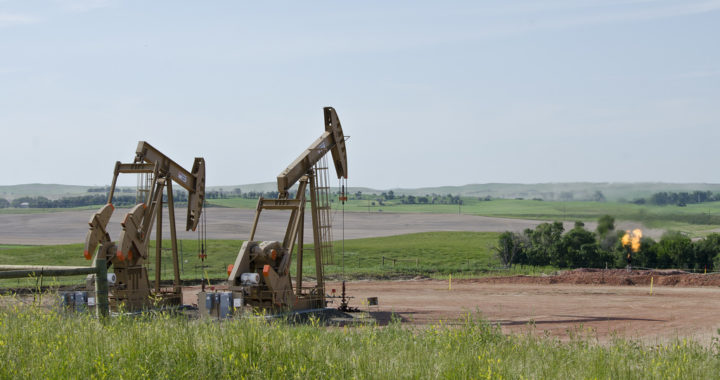Colorado is the front line for fracking in the United States. In a country that seems evenly divided on the practice of hydraulic fracturing, Colorado is a good microcosm of the argument. The state is rich in shale and oil reserves, which means fracking is a particularly relevant topic. More importantly, however, Colorado is home to an incredibly diverse array of people who represent an equally diverse amount of perspectives.
And as any Colorado resident can tell you, the people who live there are also not shy about voicing those opinions. In the wake of a federal court ruling that has revoked a series of Obama-era regulations that banned fracking on federal lands, two Colorado counties are working quickly to make sure that their voices are heard.
Mesa County Is Ready to Make Fracking Work
After the ruling, the Mesa County Commission quickly drafted a carefully-worded letter to the Bureau of Land Management which urged the government agency to go ahead and get off their collective keister and repeal the prohibitive regulations.
As the economic epicenter of both western Colorado and Eastern Utah, the Mesa County Commission is hoping to reignite the fracking boom that has been stymied in the wake of the prohibitive federal regulations. As soon as the BLM is able to repeal the restrictions on fracking on federal lands, the businesses of Mesa County are due for a windfall of cash in nearly every economic sector.
And they can’t wait.
Boulder County Is Set on Restrictions Now, Not Later
For the last several months, the city council of Broomfield in Boulder County, Colorado has tasked a small group of people with drafting rules and regulations that might set the standard in future oil and gas dealings. These efforts have been dubbed the Oil and Gas Comprehensive Plan Update, and last Tuesday, September 27, the results of the committee came before the council. It didn’t go great.
The work of the Oil and Gas Comprehensive Plan Update Committee were widely derided on both sides of the aisle from a policy and logistical perspective. Complaints of unfinished air quality reports were buoyed by the cries from residents of nearby Adams County who claimed their views were overlooked completely.
One meeting attendee even pointed out that the document under review still contained several spelling errors. A committee member even requested that the Broomfield City Council postpone the adoption.
Those critiques fell on deaf ears. So intent was the Broomfield City Council on drafting any regulations to prohibit fracking that they easily voted the Oil and Gas Comprehensive Plan Update into action by a 9-to-1 margin.
Self-Determination Is the Name of the Game
The appellate court’s ruling is a big win for both sides in the fracking fight. Now, the precedent has been set to allow states and communities to legislate fracking how they see fit. It’s a big country with a lot of different viewpoints, and a topic as divisive as fracking deserves to be handled on a case-by-case basis, both in terms of the science and the people it impacts.
The appellate court’s ruling is a good thing for everybody (in spite of the inevitable fracas to come), because the people are finally getting a chance to move forward on their own terms.

